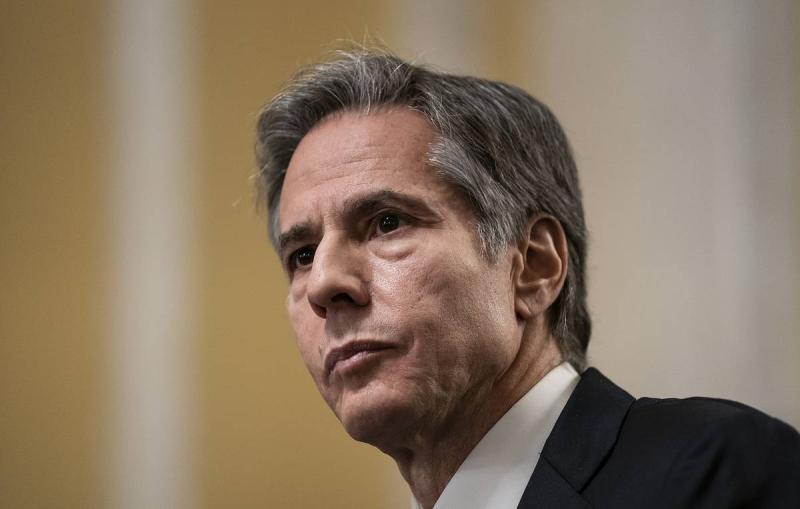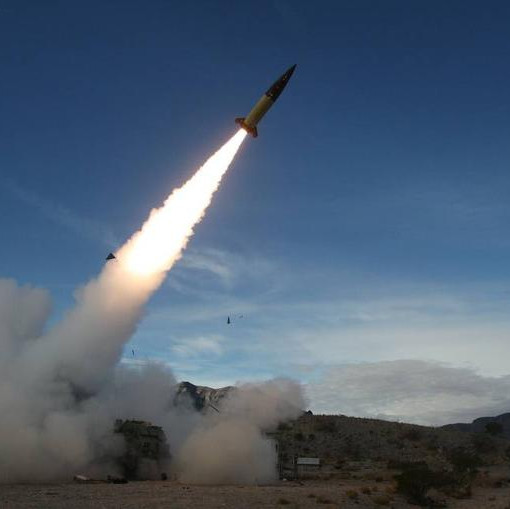
© Alex Edelman/AP/TASS
Historically, Central Asia has been an essential region both geopolitically and geoeconomically. This makes it attract particular attention with major world players: Russia, China, the United States, the European Union, India, Iran, Turkey, etc. Washington is especially persistent in penetrating the Central Asian states. While the EU mainly carries out trade and economic expansion to the region, the USA is primarily interested in military cooperation.
The Americans do not apparently seem willing to invest in these countries’ economies, but have repeatedly expressed wish to strengthen their military presence. Things came to such a pitch that the Americans started talking about plans to use Russian bases in Central Asia. So far fortunately unfeasible, this clearly points to US regional ambitions. Washington might be intending to open a "second front" there to stand up against two major regional players as represented by Russia and China. Small wonder that overseas emissaries have recently become frequent visitors in the Central Asian republics.
And US State Secretary Anthony Blinken’s voyage to Kazakhstan and Uzbekistan is yet another proof of that. It has been especially relevant given Russia’s ongoing special military operation in Ukraine, for which reason Washington is seeking to win over as many countries as possible, and make them condemn Moscow's "aggression". And Central Asia is no exception here.
Thus, February 28 saw Anthony Blinken meet with Kazakh President Kassym-Jomart Tokayev in Astana, and have talks with his Kazakh counterpart Mukhtar Tileuberdi. The US Secretary of State was lavish of praising the Kazakh leadership, assuring it of everlasting support, respect for sovereignty, and endorsement of political reforms underway. Interestingly, he thanked the local authorities for helping over 200 thousand Russians who left their homeland since the war broke out. In response, the distinguished guest received assurances of further cooperation in many areas of mutual interest. The leadership of Kazakhstan could not help answering like that – otherwise, it would run counter to Oriental hospitality. By the way, speaking at a press conference in Astana, Blinken took heed to say Washington would respond toughly to China in case of backing Moscow in the current crisis.
Despite assurances of eternal friendship, relations between Moscow and Astana have been somewhat clouded recently. A lot has been said in this regard, so there is no point in reiterating it once again. Meanwhile, the following important fact cannot but come into the spotlight: could Kassym-Jomart Tokayev have assumed a year ago that US Secretary of State Anthony Blinken would come and personally assure him of eternal friendship? Or that Chinese President Xi Jinping will pay his first post-pandemic official visit to Kazakhstan, in order to personally provide security guarantees? Perhaps not. However, this may point to Astana’s growing authority in the post-Soviet space and Asia as a whole. And it cannot be ruled out that over time Kazakhstan will become a regional financial and business hub.
The same day, the distinguished American guest held a ministerial meeting with foreign ministers of the Central Asian countries in the "C5+1" format (Kazakhstan, Kyrgyzstan, Tajikistan, Turkmenistan, Uzbekistan + USA). The agenda comprised security issues given the proximity to explosion-prone Afghanistan, as well as developing regional cooperation and partnership with Washington. And, of course, the situation around Ukraine has also expectedly come into the picture.
Having left Kazakhstan, Anthony Blinken headed for Tashkent, Uzbekistan to meet with President Shavkat Mirziyoyev. The parties discussed issues on the agenda of bilateral relations in the political, trade, economic, investment, educational, cultural and humanitarian spheres, as well as key aspects of regional cooperation.
During the meeting, Blinken conveyed US President Joe Biden’s greetings and best wishes to Mirziyoyev, emphasizing Washington's commitment to support Uzbekistan’s independence, sovereignty and territorial integrity. The parties also discussed issues of broader international cooperation in settling the situation in Afghanistan, the press service of the Uzbek President said. But this is all official. What Mirziyoyev and Blinken actually talked about remained behind closed doors.
The purpose of American diplomacy in the region, particularly Blinken's visit to Astana and Tashkent, is crystal-clear, understandable and almost undisguised —tearing the Central Asian countries away from Russia. This would have seemed impossible a year ago, as all the region’s five countries were closely linked to Moscow, especially given that three of them (Kazakhstan, Kyrgyzstan, Tajikistan) are CSTO members. And the two others (Turkmenistan and Uzbekistan) deemed Russia as their main security partner. Moscow demonstrated efficiency of any military action in the region in January last year by organizing an CSTO peacekeeping mission to help the Kazakh authorities restore order after the tumultuous events regarded as a coup attempt.
Because of Moscow’s special military operation, its relations with countries of the region have somewhat changed, and Washington feels it. Although all the five Central Asian republics refused to endorse Western sanctions against Russia or an anti-Russian resolution at the UN General Assembly, none of them, even the CSTO members, expressed explicit support for Moscow or intention to engage in warfare. And this lets the United States convince the region’s states to comply with the sanctions regime, if not detach them from Russia whatsoever. Here one has to remember that Western restrictions entailed growth of trade and economic ties with Russia that are beneficial to the Central Asian states.
In conclusion we point to the obvious fact that the United States will take a carrot-and-stick approach to avert Russia's restored strategic presence in Central Asia or any political alliance between Moscow, Beijing and Tehran. An important thing is that Central Asia is Washington’s pivotal springboard in case of a possible confrontation with Russia or China. In general, the geopolitical battle for the region is going to be fierce. And despite Washington's ambitious plans, its potential victory is far from certain.









